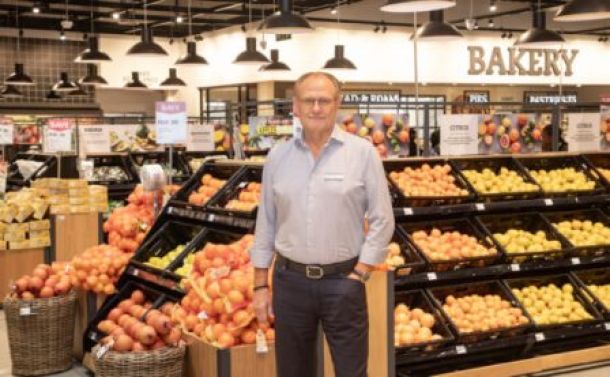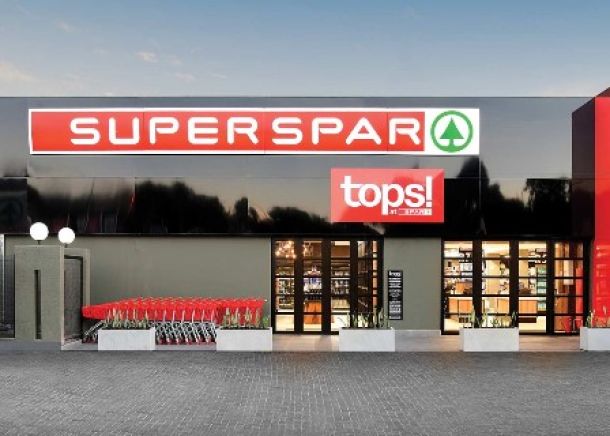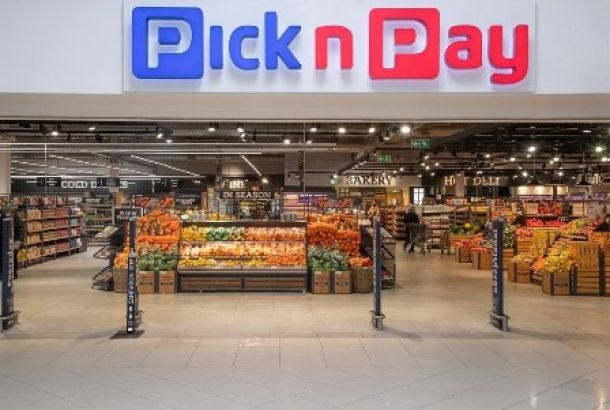Angolan hyperinflation shock hits Shoprite
Hyperinflation in Angola dragged down Shoprite’s full-year revenue, sending the share price down as much as 6.5% on Wednesday.
Africa’s largest food retailer reported a 3.3% increase in sales to R145.6bn for the 12 months to June, with very high and increasing inflation as well as a 50% currency devaluation since January hitting its previously strong Angolan business.
In the 2017 financial year, Angola, where Shoprite has 30 supermarkets, accounted for the largest share of non-South African sales. Non-South African supermarkets accounted for 13% of the group’s trading profit.
Last year Shoprite said Angola, where it had purchased a distribution centre to improve supply chain efficiencies, offered significant growth potential despite concerns about currency depreciation.
The country’s official inflation rate fell to 20.3% year on year in June from 20.7% in May, according to Bloomberg data.
Retail analyst Syd Vianello said investors were spooked by news of hyperinflation in Angola. "There was no sign of it in the first-half results," said Vianello, adding that no other South African company doing business in Angola, such as Nampak, had alerted investors to the problem.
"With hyperinflation you might as well deconsolidate the results of the Angolan business," said Vianello, describing the difficulties of tracking values in a hyperinflationary environment.
Shoprite’s non-SA performance highlighted the difficulties of operating in countries that are driven by resource prices and volatile exchange rates, Vianello said. "The situation can turn around quickly, they’ve just got to ride it out."
Shoprite’s share price recovered to close 3.73% lower at R212.30.
Shoprite said if Angola were excluded, the non-SA supermarkets achieved a 3% increase in sales. This is a dramatic turnaround from the 32.3% turnover reported by non-SA supermarkets in the previous financial year.
Asief Mohamed, chief investment officer at Aeon Investment Management, said Shoprite’s traditionally strong performance in the rest of Africa, particularly in Angola, had supported a high rating for the group. Wednesday’s operational update highlighting difficulties in the non-SA businesses meant a review of that high rating was inevitable.
Shoprite said excluding Angola, the group managed to increase turnover by 5.5%.
"The group’s internal inflation decreased from 7.3% in the previous year to only 0.5% for the current year."
The group’s core business, supermarkets in SA, achieved 5.7% sales growth with internal inflation dropping to 0.3% from 5.9% the previous year.
"Taking into account internal inflation, the improved real turnover growth combined with positive volume and customer growth reflects a strong underlying performance," the group said in its results.
Mohamed said if new store openings were excluded, the like-for-like sales growth was probably around 3%-3.6% in SA.
"It’s not that good but the economy is in a very difficult space at the moment. All consumers are under pressure and the benefits from previous hikes in social grant payments are no longer available, as government has not been able to afford more increases," said Mohamed.
Vianello said Shoprite had done well given the tough trading conditions and had outperformed its South African competitors such as Pick n Pay and Woolworths.
At the release of the interim results in February, Shoprite CEO Pieter Engelbrecht said the South African performance had been boosted by the continued success of the focus on Checkers’ high-end consumers.
News Category
- International retailers
- On the move
- Awards and achievements
- Legislation
- Wine and liquor
- Africa
- Going green
- Supplier news
- Research tools
- Retailer trading results
- Supply chain
- Innovation and technology
- Economic factors
- Crime and security
- Store Openings
- Marketing and Promotions
- Social Responsibility
- Brand Press Office
Related Articles

Pick n Pay plunges 16% on JSE as stock adjusts ...

SPAR suffering from a hangover

Pain for Pick n Pay

Pick n Pay disaster


